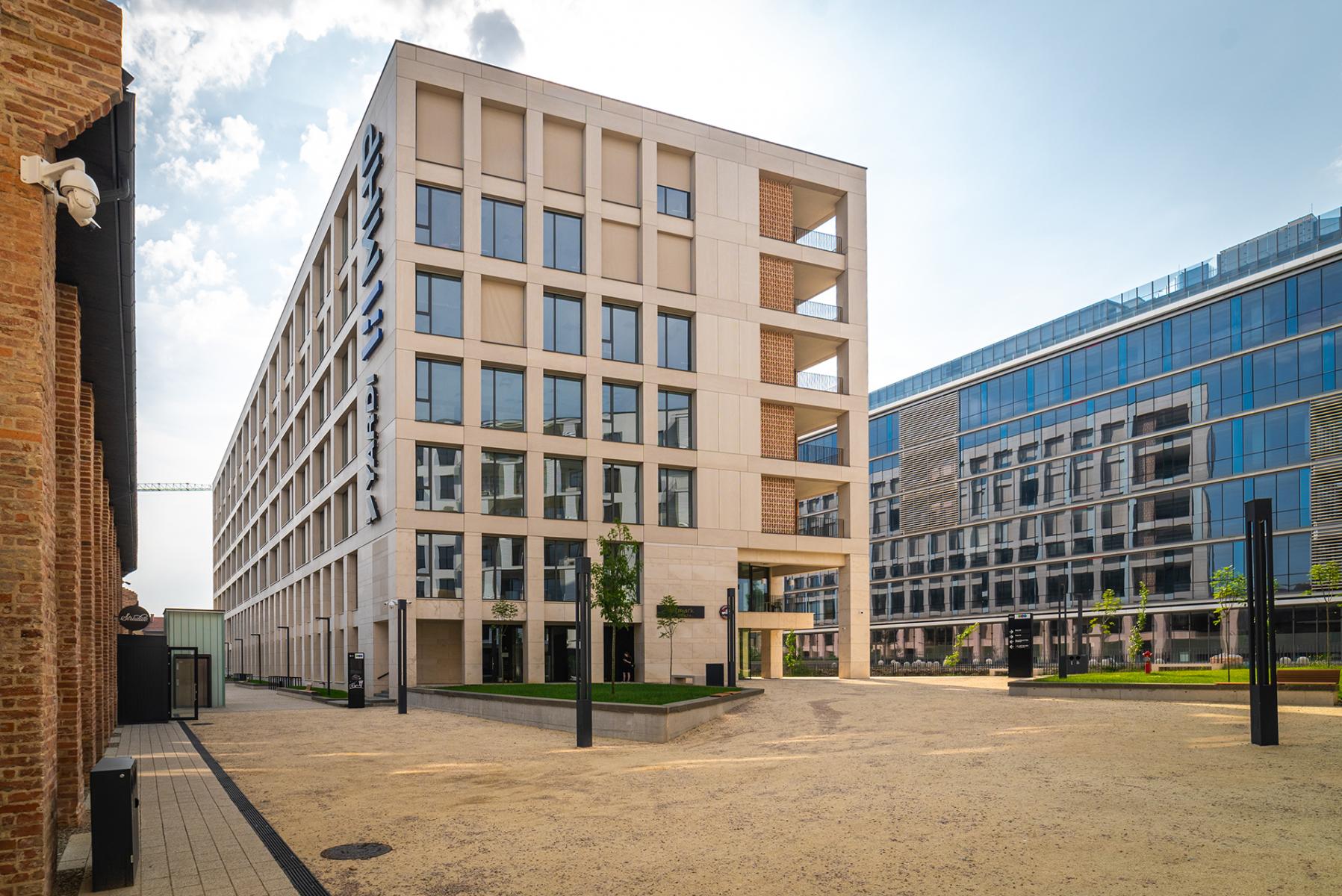HI-TECH INVESTORS WARN OF THE COMING LABOR SHORTAGE
The guest list is long and impressive. Sun Microsystems, Microsoft and Dell are all looking at opening RD centers in the country. Meanwhile, IBM is doubling its space in Brno's Czech Technology Park to 12,000 sqm, and taking on another 2,500 employees. Hewlett Packard occupy a large chunk of BB Centrum and Accenture is open to annually expanding its space in The Park by 1,000 sqm. DHL's European IT Center, joining them in Prague 4, should employ around 1,000 by next year.
This "Who's Who" of companies demonstrates that the Czech Republic hasn't lost its attraction for high-tech companies, while also helping to attract others. "There are always one or two early people who make the biggest gain, or the biggest losses. Then everybody else comes as soon as they see it's working," says Andrew Thompson from C&W,HB. "You definitely see an agglomeration of industries here," he says.
The factors contributing to the choice of the Czech Republic, and often Prague, are varied. There are specific reasons: Computer Associates, for example, deal with continuing demand for mainframe computers and the country has a high number of people with the particular skills matched to this task.
There are important soft issues as well. It's not the most difficult thing in the world to persuade a western manager to move to Prague; it's more difficult to convince them to take their family to Delhi, or even Slovakia.
However, the real attraction is without doubt the highly qualified labor force, available at relatively low cost. These factors push a detail such as rent levels to the background. "It's still relatively cheap here and it's within the EU, which is a huge plus, so rents don't matter so much. If labor costs are significantly cheaper in Budapest say, half a Euro on the rent doesn't make any difference," says Richard Curran from CB Richard Ellis, currently looking for space for that Sun Microsystems RD center.
Take DHL's arrival in Prague 4. Needing to ensure 24 hour global coverage, they sought to complement facilities in Asia and the Americas with a European internal IT call center. The company was attracted to Central Europe by cost considerations, and they found it easiest to recruit high numbers of IT specialists in the Czech capital.
Most investors in the sector say that so far, recruitment of skilled staff is not such a big problem. Petr Draxler, IBM's HR manager in the Czech Republic, is less diplomatic. "If this wave of investments continues, and the schools aren't able to react flexibly, then it's already clear that investors will start looking elsewhere. We're already running into a lack of experienced, senior employees," he cautions.
"It's not that critical at the moment," according to Curran. "I think people will always be available within the region; the question is how much the costs rise as we see more and more demand for them."
What, then, is being done to keep this labor pool from drying up, or becoming uncompetitive?
Investment agency CzechInvest admits that it's almost nothing. "There's still a lot of room to maneuver," says Draxler when asked about cooperation between universities and investors. Considering that any changes made today by the schools wouldn't bear fruit for another five years, this appears even more alarming.
AleS Vlk of CzechInvest blames the excessive autonomy of the Czech academic system in comparison with other countries. Universities can't be forced to act, and they tend to be more concerned about the changing interest of students, rather than those of their future employers, he continues. Furthermore, since 1989, the technical fields have lost some of the status they previously held. "The self-management of the universities is so strong that they can do what they want, as long as they're not producing people that are 90 percent unemployed," says Vlk.
Some might suggest that it's CzechInvest's job to bridge the gap that Vlk complains about. Some observers believe that tuition charges would help direct the interest of students into individual sectors, others complain about the political barriers to supporting one education sector more than others. Then, the approach of individual schools varies. The regional universities have to work harder to attract students, who otherwise gravitate towards Prague. This gives them far stronger motives to create business incubators, while Prague students tend to find companies to work in while completing their thesis papers.
Draxler claims that perhaps the weakest link in the Czech university system is its stable of stodgy professors: "I know people who came from industry and now are active in the academic world," he says. "Since they have experience in business, they place a huge emphasis on that."
In Germany or Netherlands, there are laws that require academics to spend several months in industry, or prevent the evolution of professors in the same schools they did their doctorates in. That said, recent EU reports say that many western European economies are practically devoid of qualified technical staff.







 2021-08-10
2021-08-10
 2021-08-10
2021-08-10